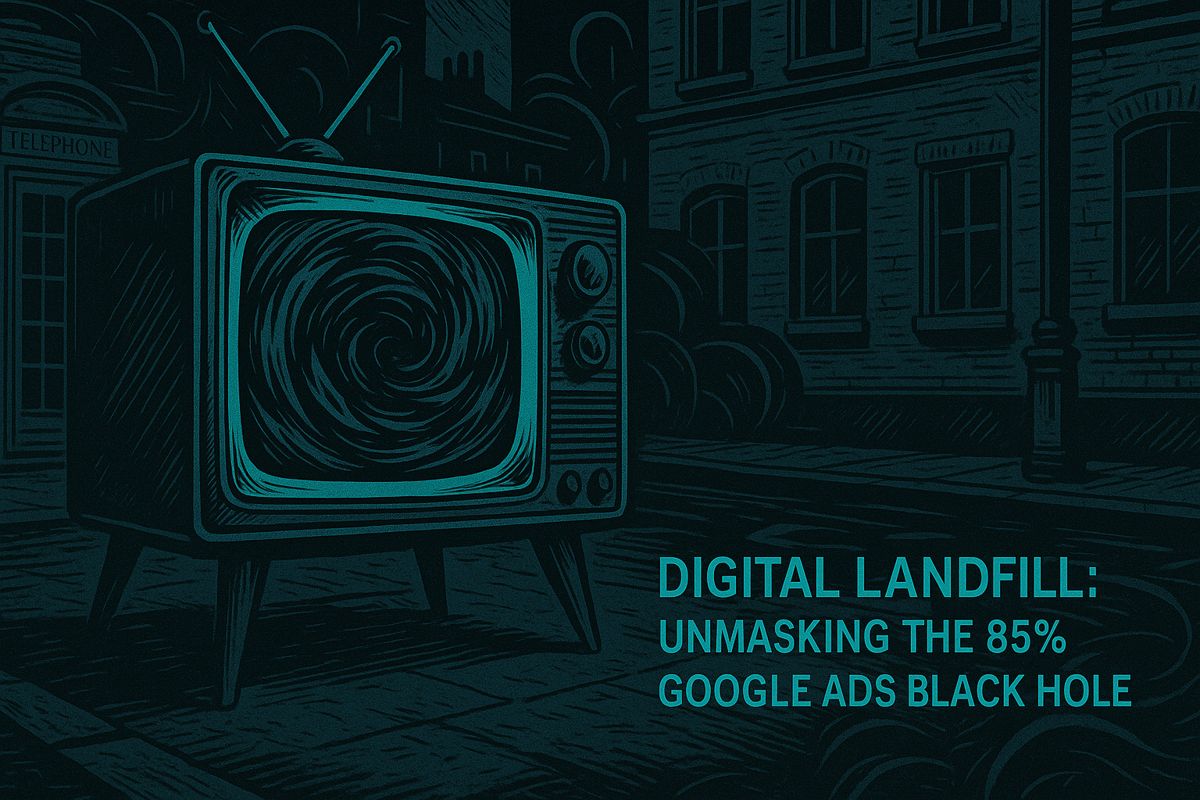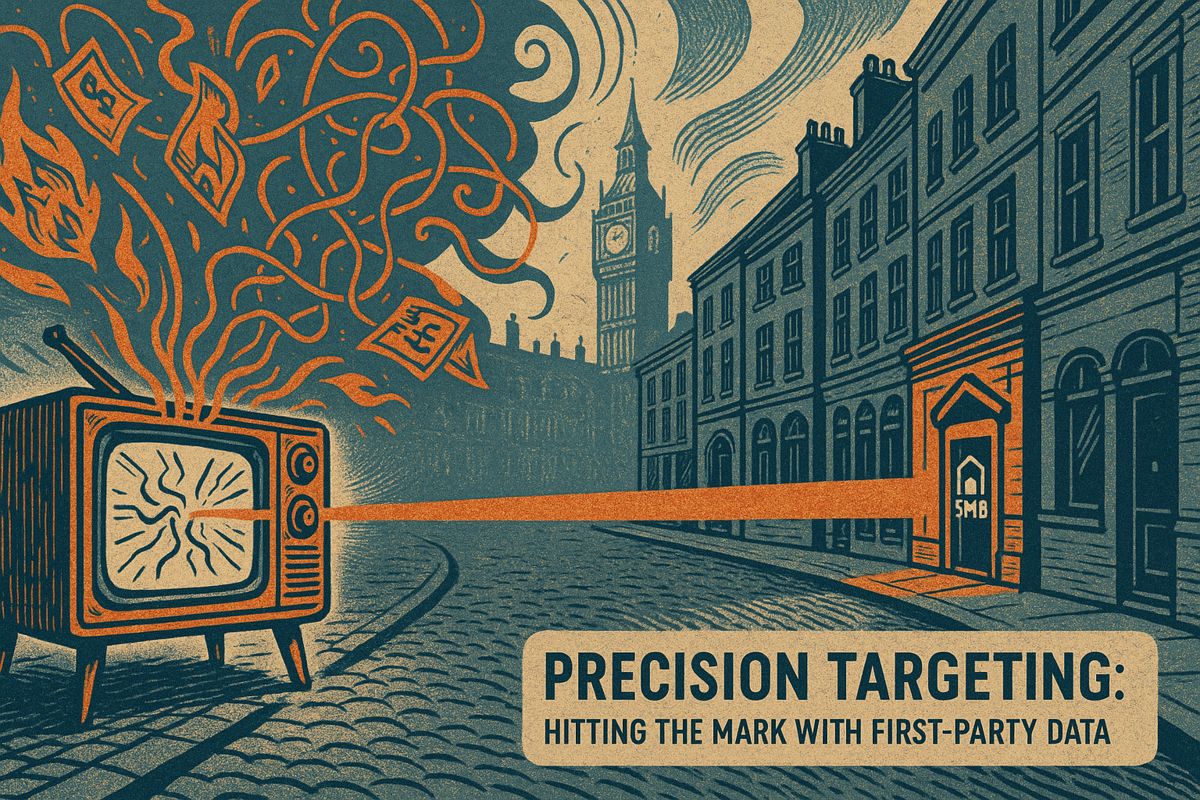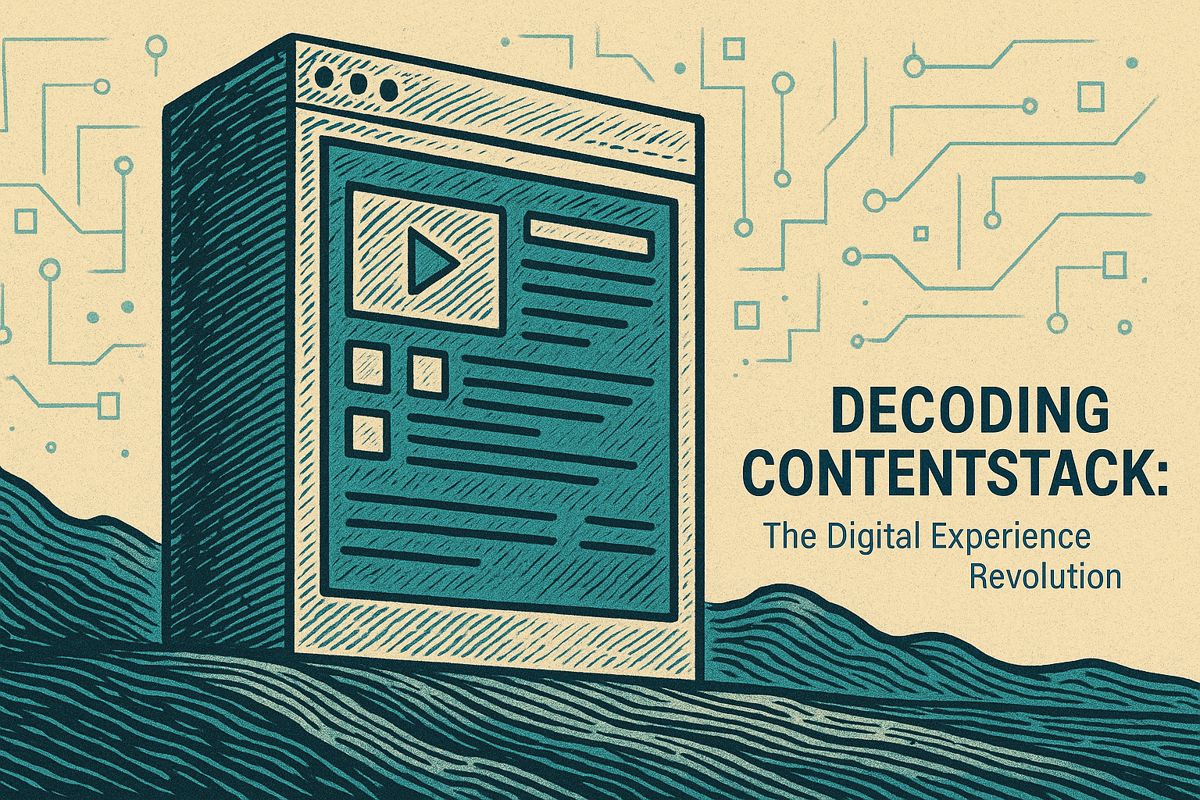Imagine your valuable money disappearing into thin air when you pay for Google Ads! A new study reveals that a huge chunk, up to 85%, of your ad budget might be wasted on hidden search terms you can’t even see. Since 2020, Google has kept many of these terms secret, making it impossible for advertisers to fix what’s going wrong. These invisible ads cost way more and barely get clicked, leaving businesses in the dark. It feels like Google holds all the power, and advertisers are left guessing where their hard-earned money truly goes.
Where is Google Ads spend being wasted?
Up to 85% of Google Ads spend may be wasted on invisible search terms. Since 2020, Google’s reporting thresholds hide low-volume queries, preventing advertisers from optimizing. These hidden queries can cost 52% more per click and have 44% lower click-through rates, leaving advertisers unable to audit or adjust their budget effectively.
The Vanishing Act: A Day in the Life of a Digital Marketer
Sometimes, an article catches me off guard. My coffee nearly slipped from my hand this morning as I stumbled across a new study on ad spend—one that brought back memories of my ramen-fueled startup days and the sharp, burnt-coffee aroma that hung in the air during late-night campaign audits. You know the feeling—squinting at endless Google Ads search term reports, hunting for those shadowy gremlins vacuuming up our precious ad dollars. The gremlins, it turns out, never left.
Peering Into the Black Box: What the Research Shows
The new findings hit hard: up to 85% of Google Ads spend may be wasted on search terms hidden from advertisers. If you’re dropping $10,000 monthly, that’s $8,500 possibly vanishing into the digital ether. Oof. Before 2020, we could see every oddball or irrelevant phrase that triggered our ads—sometimes laughable, sometimes useful. It was a gold mine for optimization (and, let’s be honest, a bit of comic relief). But privacy, that double-edged sword, stepped in. Google’s reporting thresholds changed; low-volume search terms became invisible, swept off the table in the supposed name of user protection. Was it really for us, though?
The specifics get even more alarming: current data shows hidden queries cost 52% more per click, while their click-through rates plummet by 44%. It’s like ordering pad thai and getting three limp noodles. Advertisers are left in the dark, unable to audit or adjust spend for this unseen portion. I once spent hours constructing a lean campaign, carefully pruning irrelevant terms—a meticulous gardener fussing over digital weeds—only to discover that the invisible patch of spend behaved like a black hole, sucking in budget with little to show for it.
Caught in the Fog: Power Imbalances and the Search for Solutions
This whole situation reeks of information asymmetry. Google, the gatekeeper, holds all the cards—while advertisers are left guessing, hands tied behind their backs. Sure, the privacy narrative has some teeth: regulations like the CCPA have changed the digital marketing landscape. But let’s not kid ourselves—the brands footing the ad bills can’t see where their money’s going, can’t optimize their investments, and can’t even peek under the bed for the monsters they suspect are lurking there. I remember feeling a spike of irritation the first time I realized just how much data had gone missing. For a second, I wondered if I’d misread the report—surely I hadn’t made such a rookie mistake? But no, the rules really had changed.
Want to move your money to Bing or try social media ads? Ha! The market feels so thoroughly Google-dominated that “choice” seems almost laughable. The only sane response is to fight for what little transparency remains. Squeeze every ounce of actionable insight from the data you do have. Run A/B tests with scientific rigor, cross-reference with tools like SEMrush or Moz, and keep pushing—relentlessly—for better accountability. No one likes paying for, well, vapor. And if digital marketers have learned anything since 2020, it’s that a little skepticism can go a long way… or at least save you the price of several lattes per week.



















